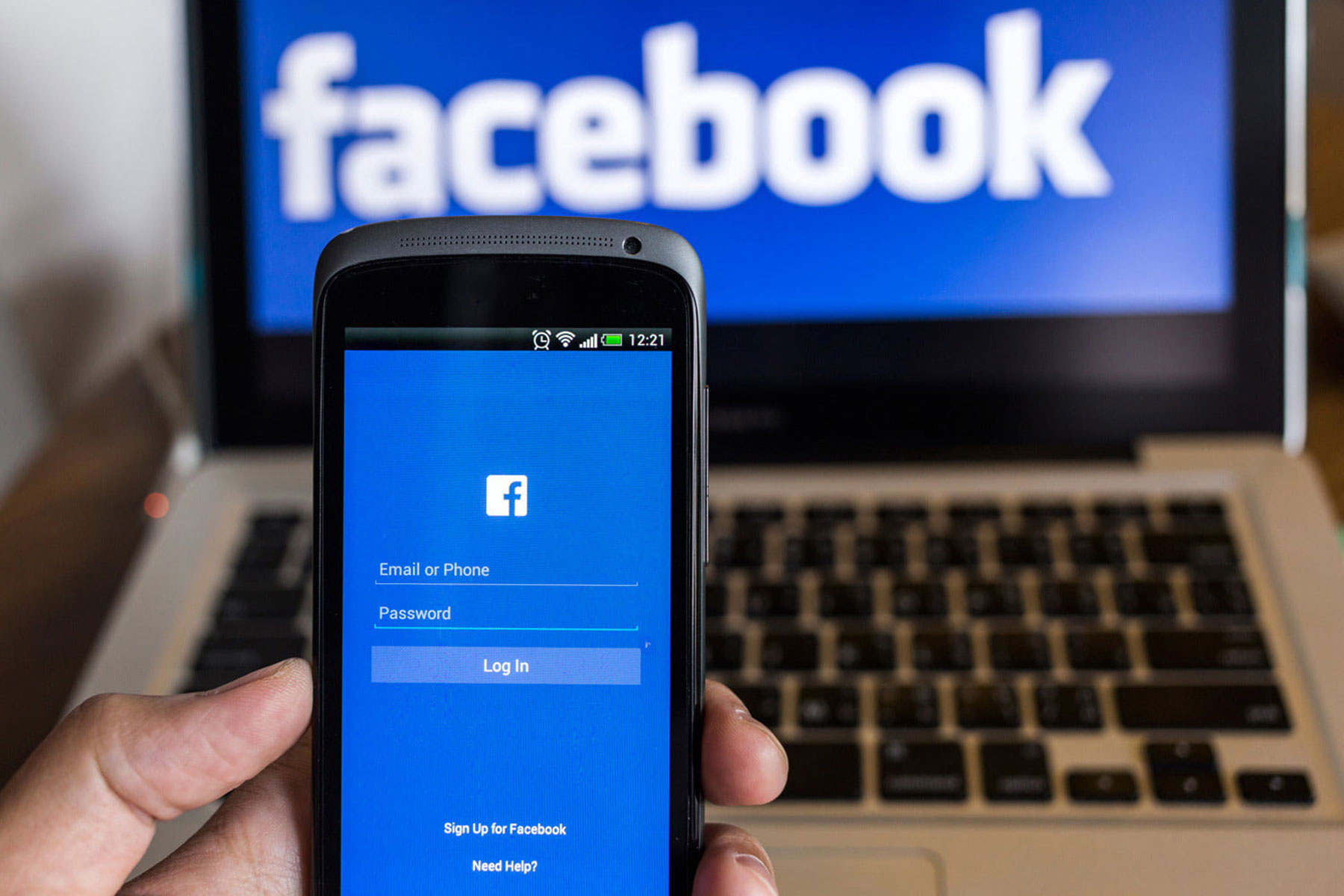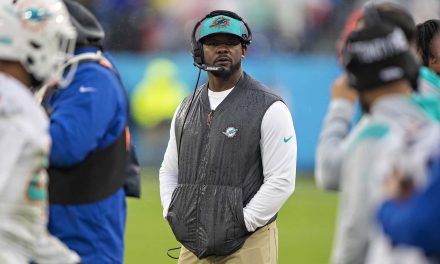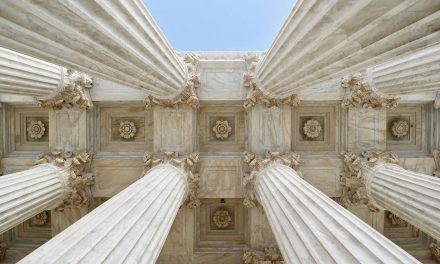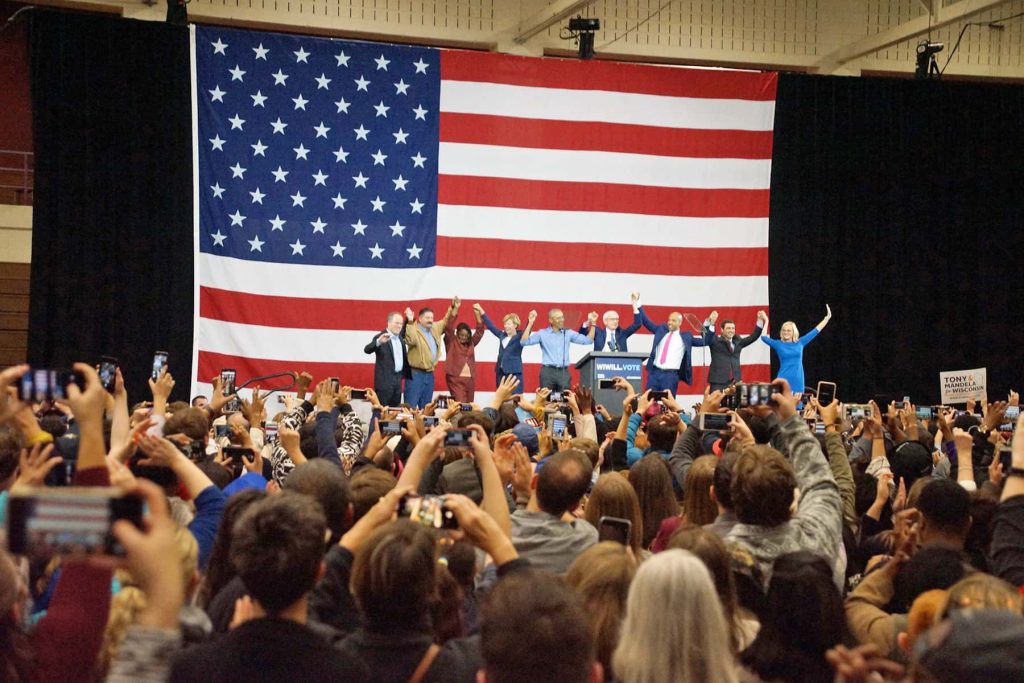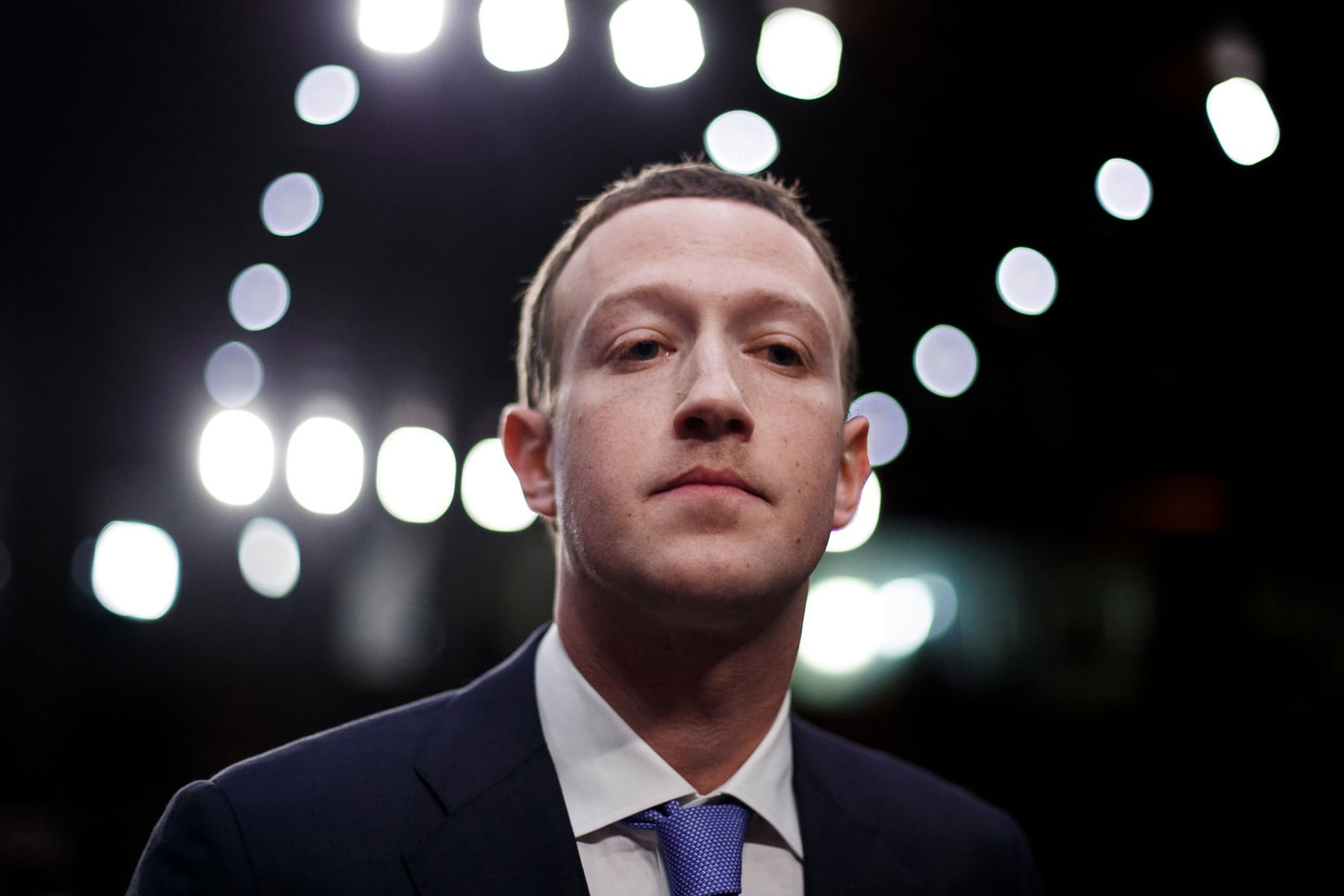
In its defense against a former app startup, Facebook is contradicting its long-held claim to be simply a neutral platform.
Facebook has long had the same public response when questioned about its disruption of the news industry: it is a tech platform, not a publisher or a media company.
But in a small courtroom in California’s Redwood City on Monday, attorneys for the social media company presented a different message from the one executives have made to Congress, in interviews and in speeches: Facebook, they repeatedly argued, is a publisher, and a company that makes editorial decisions, which are protected by the first amendment.
The contradictory claim is Facebook’s latest tactic against a high-profile lawsuit, exposing a growing tension for the Silicon Valley corporation, which has long presented itself as neutral platform that does not have traditional journalistic responsibilities.
The suit, filed by an app startup, alleges that Mark Zuckerberg developed a “malicious and fraudulent scheme” to exploit users’ personal data and force rival companies out of business. Facebook, meanwhile, is arguing that its decisions about “what not to publish” should be protected because it is a “publisher”.
In court, Sonal Mehta, a lawyer for Facebook, even drew comparison with traditional media: “The publisher discretion is a free speech right irrespective of what technological means is used. A newspaper has a publisher function whether they are doing it on their website, in a printed copy or through the news alerts.”
The plaintiff, a former startup called Six4Three, first filed the suit in 2015 after Facebook removed app developers’ access to friends’ data. The company had built a controversial and ultimately failed app called Pikinis, which allowed people to filter photos to find ones with people in bikinis and other swimwear.
Six4Three attorneys have alleged that Facebook enticed developers to create apps for its platform by implying creators would have long-term access to the site’s huge amounts of valuable personal data and then later cut off access, effectively defrauding them. The case delves into some of the privacy concerns sparked by the Cambridge Analytica scandal.
Facebook has rejected all claims. Mehta argued in court Monday that Facebook’s decisions about data access were a “quintessential publisher function” and constituted “protected” activity, adding that this “includes both the decision of what to publish and the decision of what not to publish”.
David Godkin, an attorney for Six4Three, later responded: “For years, Facebook has been saying publicly that it’s not a media company. This is a complete 180.”
Questions about Facebook’s moral and legal responsibilities as a publisher have escalated surrounding its role in spreading false news and propaganda, along with questionable censorship decisions.
Eric Goldman, a Santa Clara University law professor, said it was frustrating to see Facebook publicly deny that it was a publisher in some contexts but then claim it as a defense in court.
“It’s politically expedient to deflect responsibility for making editorial judgements by claiming to be a platform,” he said, adding, “But it makes editorial decisions all the time, and it’s making them more frequently.”
Facebook may be resistant to embrace its role as a publisher due to stricter laws and regulations outside of the US that could cause the company trouble, Goldman said.
Still, he argued, Facebook should have the right to make these kinds of decisions about data access and predicted that the company would prevail in court: “Facebook should have the power to stop apps like Pikinis … Facebook was far too loose with its data, and now it’s having to clean it up.”
In the Six4Three case, Facebook has also cited Section 230 of the Communications Decency Act, US legislation that paved the way for the modern internet by asserting that platforms cannot be liable for content users post on their sites. In court filings, Facebook quoted the law saying providers of a “computer service” should not be “treated as the publisher” of information from others.
“It just strikes me as fundamentally problematic,” said Jane Kirtley, a professor of media ethics and law at the University of Minnesota. “On one hand, you’re trying to argue you’re this publisher making editorial judgments. But then they turn around and claim they are protected under [Section 230] because they are not publishers.”
Natalie Naugle, Facebook’s associate general counsel for litigation, defended the company’s legal strategy in a statement saying: “Facebook explained in today’s hearing that we decide what content to make available through our platform, a right protected by Section 230. Like many other technology companies, we rely on the discretion protected by this law to police bad behavior on our service.”
Facebook spokespeople declined to answer questions about its insistence outside of court that it is not a publisher or media entity.
Daphne Keller, of the Stanford Center for Internet and Society, said Section 230 was designed to allow platforms like Facebook to do some moderation and make editorial decisions without generally being liable for users’ posts: “They need to be able to make discretionary choices about content.”
The law seemed to be on Facebook’s side, she said, but added that it was an unusual case given the focus on app data access while previous cases have centered on more straightforward censorship claims.
Rebecca Tushnet, a Harvard law school professor, said it seemed Facebook was “owning up to the reality that we all see, that it has an important place in the media environment”.
Kathleen Culver, a University of Wisconsin-Madison journalism professor, said Facebook must consider its ethical obligations outside of its legal responsibilities.
But, she added, it was difficult to define Facebook’s media role using traditional terms like publisher: “What we’re navigating is a space where the language we have to date does not match the technology that has now been developed.”
Sam Levin
Shawn Thew and Panithan Fakseemuang
Originally published by The Guardian as Is Facebook a publisher? In public it says no, but in court it says yes
Help deliver the independent journalism that the world needs, make a contribution of support to The Guardian.

